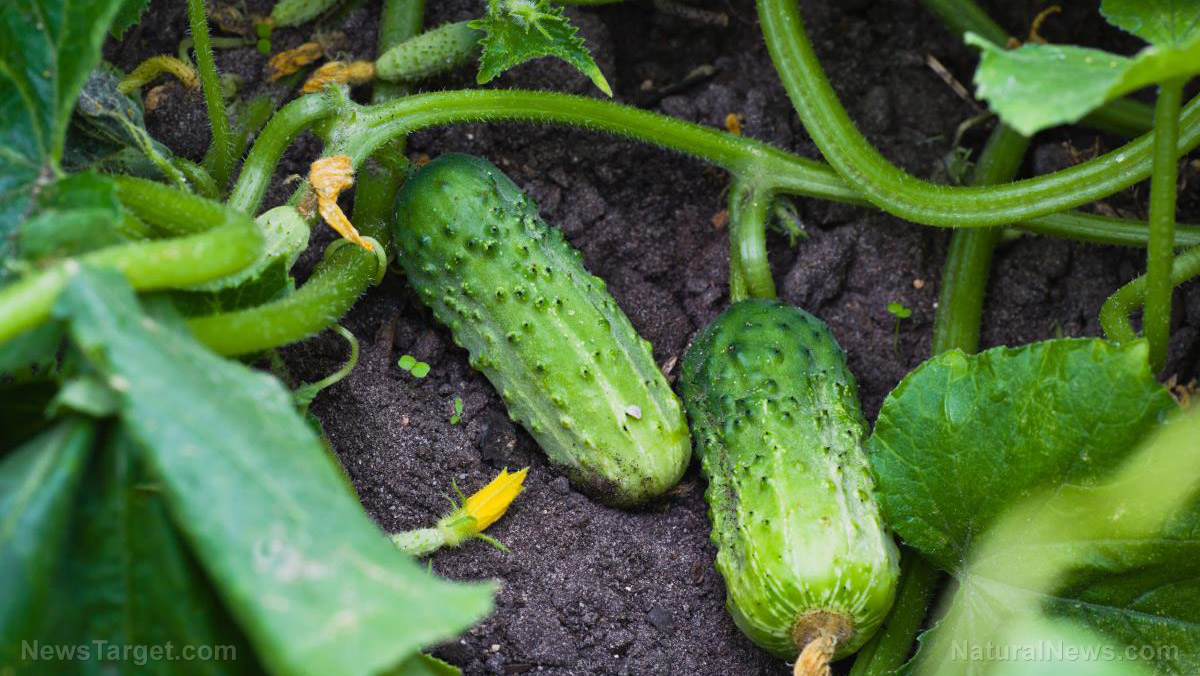
Community gardens have once again risen in popularity, and this is probably because most city-dwellers live in apartments or skyscrapers, with little to no access to plots of land for gardening. (h/t to ThePrepperJournal.com)
The benefits of a community garden
A community garden refers to a plot of land shared by a group. The garden can either be separated into individual lots or the whole plot can be tended to as one garden. Community gardens are often used for food production or as gathering places. They can also be used to promote ecological and art awareness.
Gardens that follow the European style are usually assigned to a single person or a whole family so they can cultivate ornamentals or fruits and vegetables.
The plots in community gardens can vary in size, from small 1.5 square meter plots (4' 9" x 4' 9") in inner city gardens to large art gardens about 15 square meters (49' x 49').
Communal gardens are versatile, and they are often used to:
- Grow flowers and other ornamentals.
- Provide education to students from local schools.
- Provide gardens for people who don't have access to one like the elderly, the homeless, or recent immigrants.
- Provide a "green" space.
- Provide habitats for smaller creatures.
There are four main types of community gardens:
- Demonstration gardens – These gardens are often used for educational purposes. They may be managed by people who offer classes about gardening. A demonstration can help set up a community garden.
- Institutional gardens – Usually attached to public businesses like hospitals or private communities such as prisons, institutional gardens can help improve the mental and physical health of various individuals. They can also teach skills for employment.
- Neighborhood gardens – The most common type, a neighborhood can share a garden to cultivate fruits and vegetables. The plots in neighborhood gardens are sometimes rented out.
- Residential gardens – These gardens are shared by individuals who live in affordable housing, assisted living, or block communities in cities or towns. Residential gardens are tended to by residents.
Aside from being a welcoming area where individuals from various walks of life can gather, community gardens also offer health benefits such as:
- Encouraging the consumption of fruits and vegetables.
- Improving the affordability of fresh produce.
- Reducing obesity rates.
Tips for maintaining a community garden
Before you head out to the nearest community garden, make sure you're prepared. Assemble the tools you might need, and read up on how you can efficiently contribute to one. (Related: Urban homesteading: Prepping tips for those who live in apartments or have limited space.)
Most community gardens make arrangements for the necessary training when it comes to using heavy machinery and specialized tools. But you will still need to gather some personal gardening tools, like:
- Bark, compost, grass seed, or plant food – This will depend on what you're cultivating in your plot.
- A bird feeder or table – To encourage birds to visit the garden.
- Garden clothing – Wear clothes you don't mind getting dirty, and get some boots or gardening gloves.
- A heavy-duty garden brush – For cleaning up messes.
- Hose – This depends on the weather in your country or if the garden will provide one for you.
- Portable planters – Portable planters make it easier to move your plants around, especially if you're trying to raise plants that need plenty of sunlight or if they require some shade.
- A rake – For evenly spreading compost or soil.
- Starter plants or seeds
- A string trimmer – Especially useful if the garden doesn’t have a "free growing" rule.
You might not need everything on this list, so double-check with others who frequent the community garden you wish to join.
Who says living in the city means you can't enjoy gardening and some greenery? Join a community garden today to get in touch with urban preppers who can teach you about homesteading and the wonders of nature.
You can read more articles about the other benefits of urban prepping at FoodCollapse.com.
Sources include:
Please contact us for more information.























